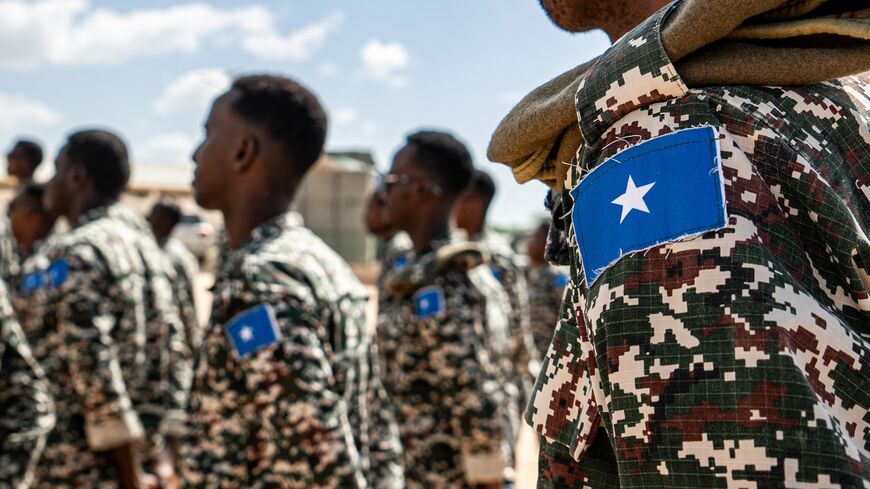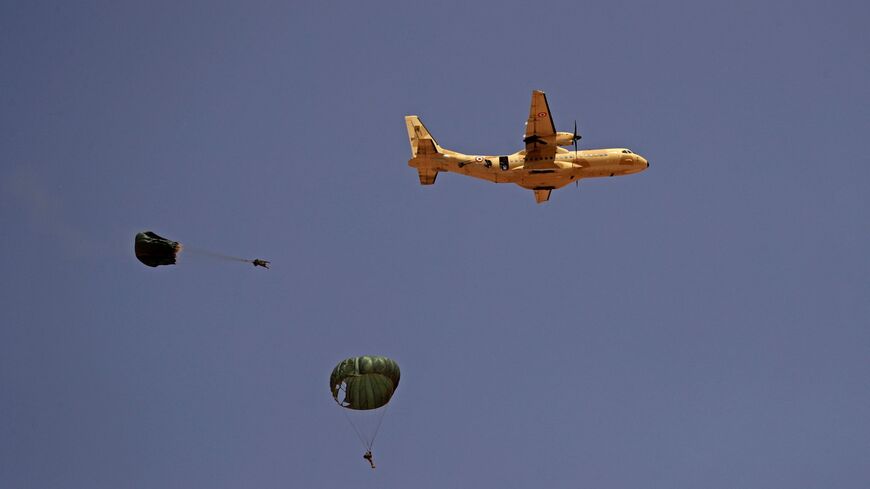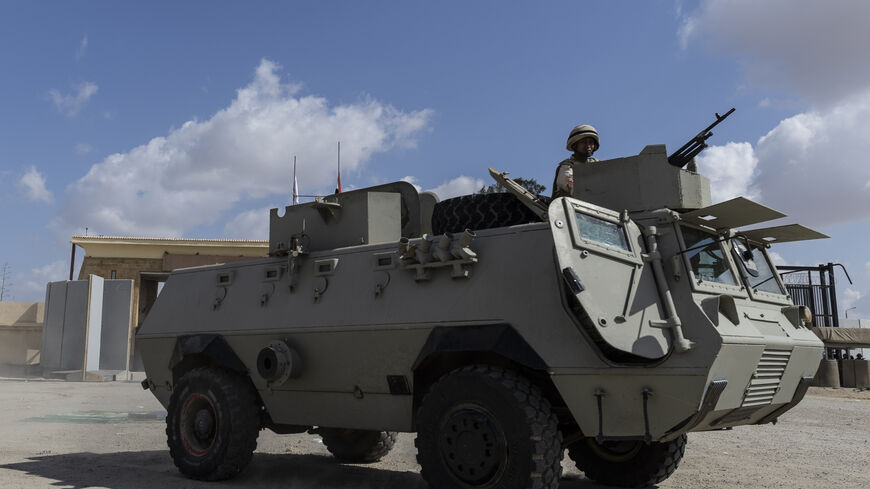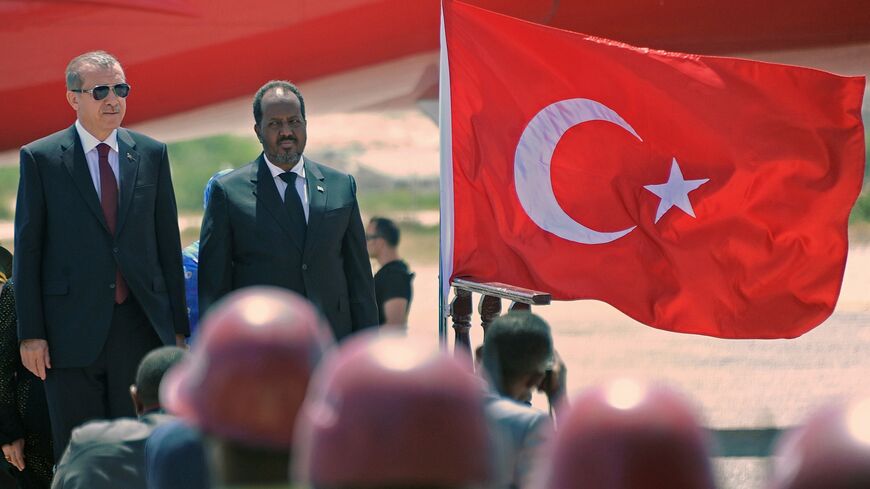Somalia-Ethiopia rift intensifies: What's behind latest row?
The latest expulsion marks yet another step toward an eruption of tensions between the neighboring countries.
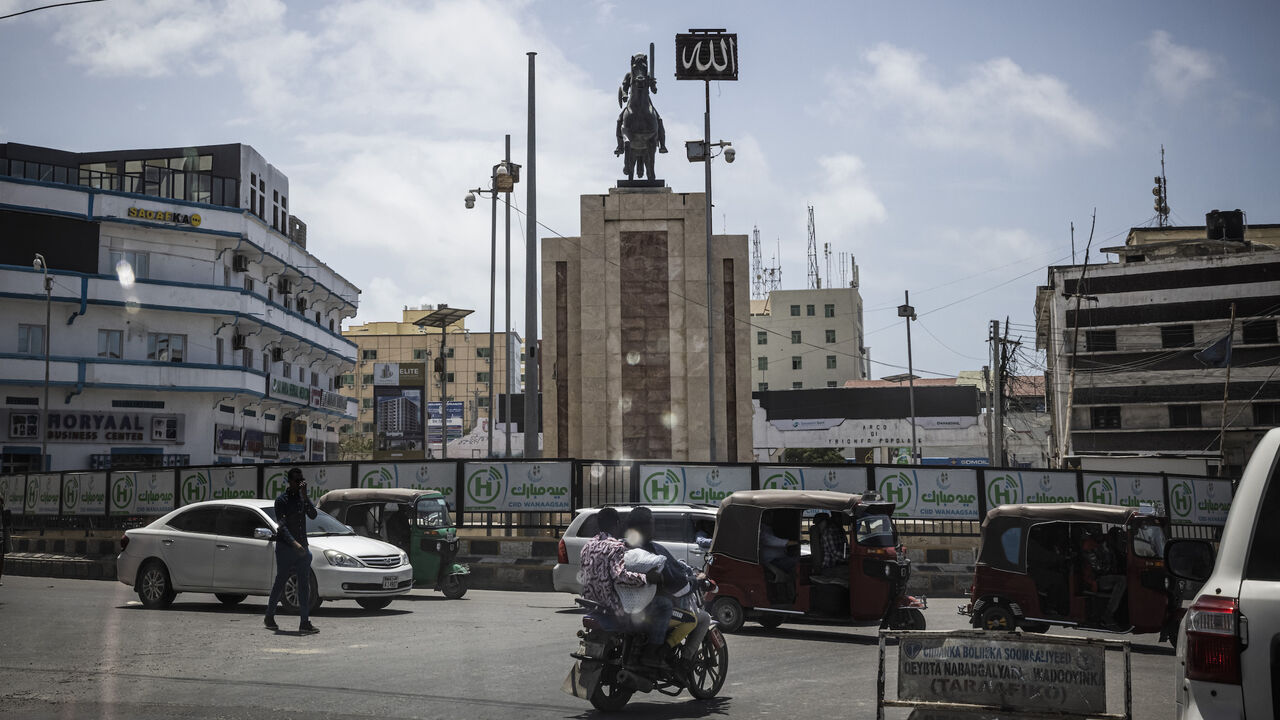
Somalia’s Foreign Ministry on Tuesday ordered a senior Ethiopian diplomat to leave the country within 72 hours after alleging interference in internal affairs.
The Foreign Ministry released a statement declaring that Ali Mohamed Adan, a counselor at Ethiopia’s embassy in Somalia’s capital of Mogadishu, “has engaged in activities incompatible with his diplomatic role” and is now considered persona non grata.
Adan’s activities, according to the ministry, “constitute a breach of the Vienna Convention on Diplomatic relations, particularly Articles 41 and 41, which mandate diplomats to respect the laws of the host nation and abstain from involvement in its internal affairs.”
Though the ministry did not provide details regarding Adan’s actions, this is not the first incident of this kind between Somalia and Ethiopian diplomats. In early April, Somalia expelled Ethiopia’s ambassador and announced the shutdown of Ethiopian consulates in the breakaway regions of Somaliland as well as in the semiautonomous region of Puntland.
The office of Somalia’s prime minister, Hamza Abdi Barre, announced the decision on April 4, citing reasons similar to those they provided for the most recent expulsion: “The plain interference of Ethiopia’s government in the internal affairs of Somalia is a violation of the independence and sovereignty of Somalia.”
The April 4 decision came just one day after Ethiopia signed a deal with Puntland, a semiautonomous state that in March, following changes to Somalia’s constitution, announced it no longer recognized the authority of the Somali federal government. On April 3, Ethiopia and Puntland agreed to “broaden ties,” according to Ethiopia’s foreign ministry. Just last month, Somalia’s Foreign Ministry alleged that Puntland had received “unauthorized arms shipments” from Ethiopia.
Ethiopia signed another controversial agreement earlier in the year. On Jan. 1, Ethiopia inked a deal with Somaliland — a region located on the Gulf of Aden that broke away from Somalia in 1991 and is not recognized internationally.
Under the agreement, Somaliland would give Ethiopia military and commercial access to a 20 kilometer (12 mile) stretch of coastline in Somaliland in exchange for Ethiopia’s recognition of the region. Ethiopia’s deal with Somaliland has not yet been implemented, but Ethiopia has inched closer to recognition by upgrading its consulate there to an embassy in May.
In response to the deals, Somalia has deepened its security cooperation with its neighbors in the Horn of Africa region as well as with Turkey and Egypt — a country with its own longstanding dispute with Ethiopia over Nile River waters.
Know more: Egypt, for its part, has waded deep into Somalia-Ethiopia relations, signing a defense pact and sending military equipment, including military planes full of weapons and ammunition, to the country in August.
Most recently, Egypt, Eritrea and Somalia held an Oct. 10 summit, during which Egypt and Eritrea signaled their intent to back Somalia against any infringement of its sovereignty.
Relations between Cairo and Addis Ababa have been strained for years over the Grand Ethiopian Renaissance Dam (GERD), which Ethiopia began building on the Blue Nile in 2011. Egypt believes the GERD will disrupt its longstanding dominance over Nile River water resources. Now, the dispute between Somalia and Ethiopia affords Egypt a chance to indirectly throw Ethiopia off balance.
Somalia has also received support from Turkey, which recently increased its military presence in the country. In July, the Turkish parliament approved a motion to deploy additional Turkish armed forces to Somalia, including naval forces in Somali territorial waters — a move that upset Somaliland. Since 2011, Turkey has worked closely with the Horn of Africa country, aiming to capitalize on Somalia’s advantageous location on the Gulf of Aden in the Red Sea, a key route for global shipping.
Turkey has also attempted to calm tensions between Ethiopia and Somalia, hosting a first round of indirect reconciliation talks between the countries in Ankara in August. The talks have stalled since.
